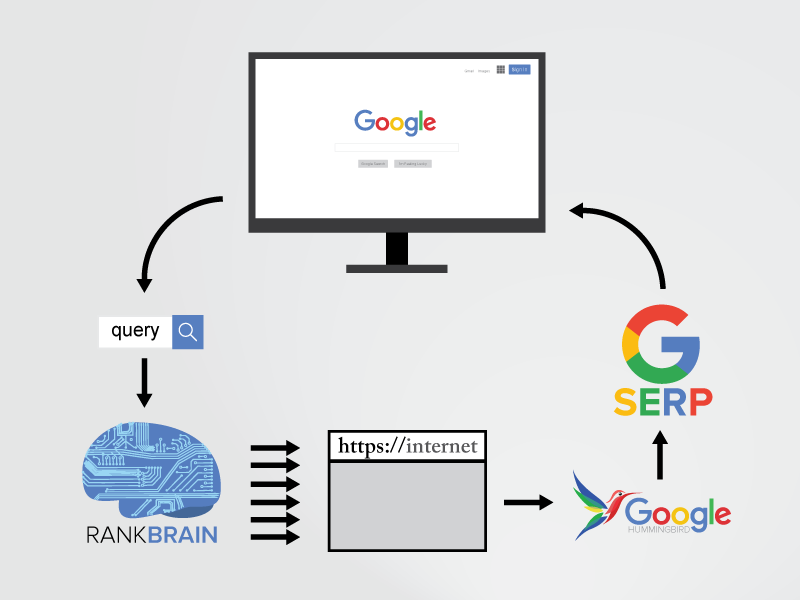

Sprinkled with Googley glamour as it might be, and dense with minor but interesting details – on, for instance, the early days of Google Maps, or the internal arguments about whether Google should withdraw its censored websearch from China – this is not quite as unlike other business books as its authors hope.

An "innovation bureaucracy", the authors pertly point out, is an oxymoron, so you should just let your smart creatives be, er, smartly creative. The authors even throw out a (predictably unfulfilled) promise to teach you "how to imagine the unimaginable", just like the French Nescafé adverts I remember that used to exhort the viewer to seize the unseizable (and, by implication, drink the undrinkable). You should also encourage people to disagree in meetings, experiment relentlessly (the Silicon Valley mantra is "ship and iterate"), and focus on the user's experience. (In one peculiar aside, Shakespeare's Othello is called a "smart creative", which I guess we are not supposed to take as an excuse for homicidal tantrums on the part of tech entrepreneurs.) So, you should employ "smart creatives", because they are creative but also, you know, clever. The promise is that if you too run a company (or aspire to do so), you will learn the secrets of Google's success. I liked the picture of a dog wearing Google's nerdy computerised spectacles, captioned: "OK Glass, show me a squirrel."Īs it turns out, How Google Works is not about the technical functioning of its search or email services, but how the company is managed. The authors do make a point of seeing the funny side when Google is mocked, and even reproduce some examples concocted by employees. (Though it is at least much better than Facebook in this regard.) So you might almost suspect that this book by Eric Schmidt, the company's former CEO, and Jonathan Rosenberg, an adviser to the current CEO Larry Page, is a carefully designed PR exercise. It is constantly beleaguered by European legal investigations, and pilloried for its attitude to data privacy. T he enormously powerful global advertising corporation called Google gets a pretty bad rap these days.


 0 kommentar(er)
0 kommentar(er)
